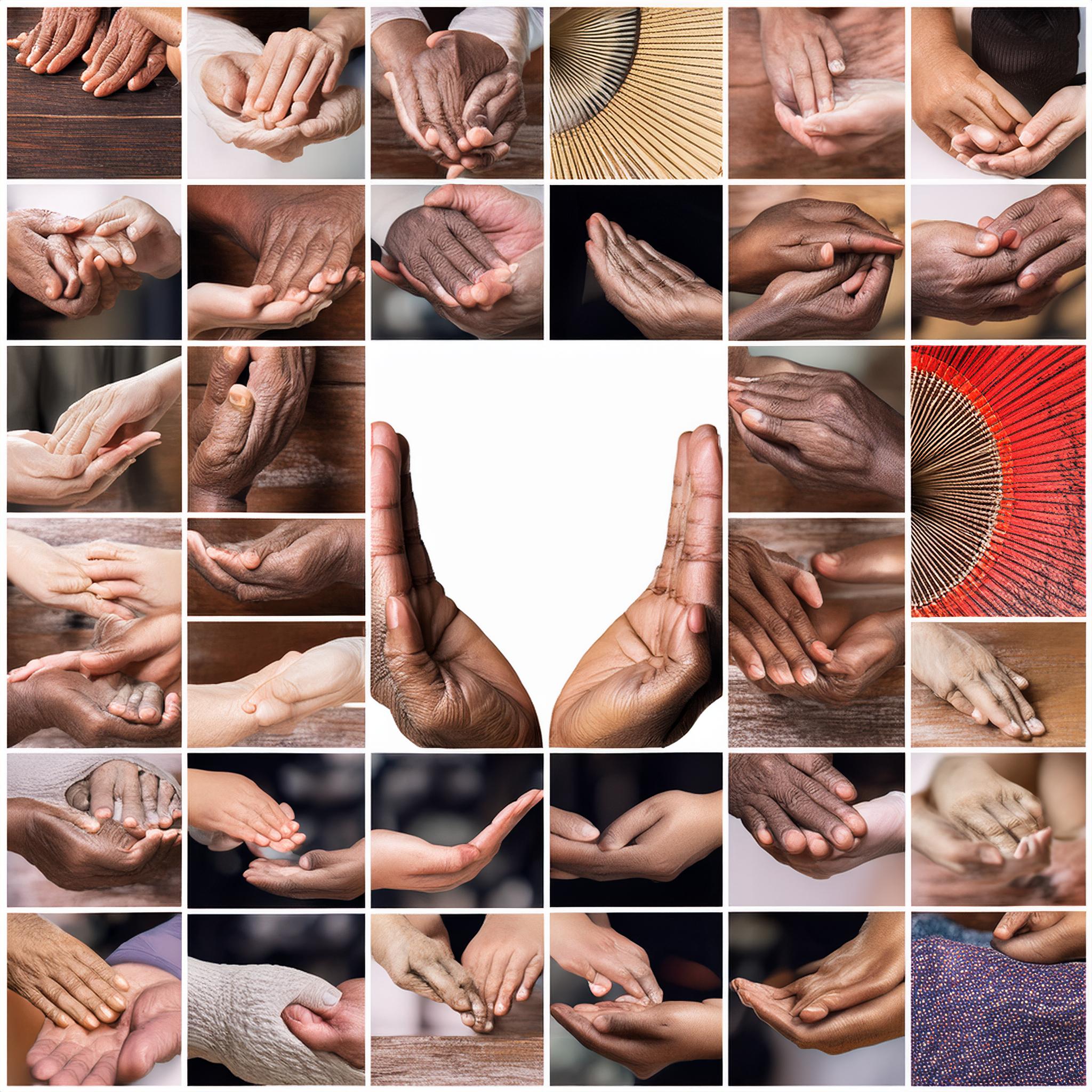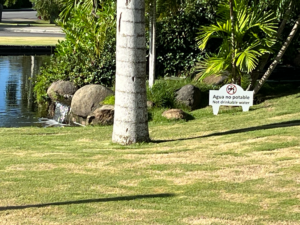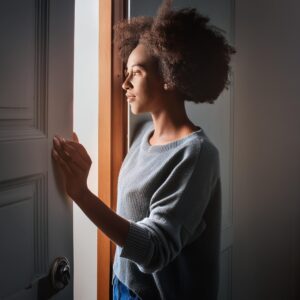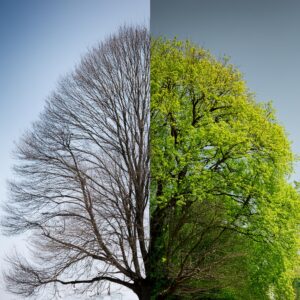Originally published 12 June 2020.
We are living in difficult times today. Despite how it feels to us, the situation we’re in is not unprecedented. It’s not new. It’s happened over and over in our history. We read similar stories of hate, anger, and confusion in the history of every country in this world, in our fairy tales, our stories, our legends.
But it seems new to us who are on this earth now. The hate isn’t new, and the anger isn’t new, but the scale of it seems new. So many of us wonder “how are we still here?” How have we not learned from the lessons taught us by people like the late Rev. Dr. Martin Luther King, Jr., about how love can overcome evil and hate? How could something like the murder of George Floyd happen? How could these riots and violent protests happen? How, and why?
I don’t know. I don’t know why we’re so broken. I don’t know why we continually tear each other down rather than build each other up. I don’t know why we’re passing our dysfunction onto our kids, who will pass it to their kids, and their kids. I don’t know when or how this cycle will break. I don’t know.
But what I do know is that we’re hurting. There is no sane, rational person in the world who can look at what happened to George Floyd and not hurt deep inside. And it’s not because George Floyd’s life was worth more than Ahmaud Arbery’s, or Brionna Taylor’s, or anyone else’s. The reason the murder of George Floyd has hurt us so much is because unlike a shooting, which happens in an instant and can arguably be the result of a regrettable impulse, the officer who murdered George Floyd did so over the course of almost nine minutes—nine minutes of callous, brutal disregard for the life and worth of a fellow human. And that disgusted us. That woke us up.
But though most of us are united in our disgust and disquiet after this horrific event, and even though we’re seeing people of all races and from all walks of life come together to hold peaceful protests and to speak out about these injustices, we still can’t seem to come together. The racial divide in this country, and maybe even around the world, is so wide that even our mutual disgust and our mutual desire for change can’t seem to bridge it. We want to solve the problem. We want to unite together and find solutions for this mess we find ourselves in, but we’re too mired in hurt, confusion, fear, and anger to do it.
Black people are angry and afraid, but also tired and discouraged. As a Black woman, I can confirm this. All our lives, we’ve lived with the knowledge that we are Black, and as such still second-class citizens in many ways. The very foundations of this country were built on our enslaved ancestors, counted as less than human in the very constitution that set our white brothers and sisters free from religious oppression. Independence Day in America doesn’t mean to us what it does to White people. We were not free in 1776. We’re angry that we are still looked on as less than human. We’re afraid that the color of our skin makes us vulnerable to harm from the very police officers who are sworn to serve and protect us. We’re tired of constantly hearing stories of people who look like us and like our family members being beaten, imprisoned, or killed for the crime of being Black. And we’re discouraged because deep down, we don’t believe it will ever change.
Non-Blacks are angry too. And discouraged. And afraid. Many white people are afraid to speak up for fear of saying the wrong thing. You don’t know how to talk to us. You don’t know if you should, if we’ll get angry at you for saying the wrong thing, in the wrong way. So rather than reach out, you shrink back. White people talk to White people, Black people talk to Black people, Asian people talk to Asian people, and we stay in our little bubbles of people like us, never learning and growing and coming together as one united people.
Something that I’ve heard other Black people say to well-meaning white people who have “gotten in trouble” for their words is, “This isn’t about you.” To a Black person, this is about our people’s suffering and the systemic oppression that goes back centuries in this country. This is about how the color of my skin disadvantages me in every way, despite anyone’s denial of that fact. “This is about US,” we say. And yes, that’s true. But to a white person—to someone who isn’t Black, when we say that, it means “you have no voice in this.” And nothing could be farther from the truth. This is about all of us. This issue touches each and every one of us and each and every one of us has a part to play if we want things to change.
To my Black brothers and sisters, I urge you to stop telling White people that this isn’t about them, because it is. They may not understand our struggles, but many of them are reaching out to us, trying to understand. They don’t want to be part of the system that is pushing us down and trying to make us feel as worthless as it thinks we are. They may not fully understand your pain, but when you say those words, you shut them down at the very moment they need you to open your arms and welcome them in. They don’t know what to say, and they may try to empathize with you in a way that instead comes off as diminishing what you’re going through, but try to look past their words to their heart as much as you can. Thank them for caring and for trying. Keep the dialogue open.
To my White brothers and sisters, we are angry. We’ve been beaten down so much that it can be hard to give you the benefit of the doubt when you try to approach us about this. Talking about racial issues is hard, and I know it would be much easier not to speak than to risk offending. But your Black friends and coworkers need to know you care. Don’t talk about how White people can be victimized too. We know that. The problem is that for centuries we have been disproportionately treated as if our lives don’t matter not only by the people around us, but by the very laws that govern us. The constitution of this country referred to us as 3/5 of a human. There were actual laws that we couldn’t live, work, and eat in the same places as you. So we know that you suffer too, but it’s not the same thing. When you speak to us about this, the safest thing to say is, “How are you doing?” Check in with us. Ask us if we need anything. Tell us that you love us and you want things to change in this world. All we want is to be treated as just as human as you. We only want true equality.
To my brothers and sisters of other races, you have it hard, too. This is not a Black and White issue, it is a people issue. All of us are separate, not just Blacks and Whites. All of us have preconceptions and prejudices about people who don’t look like us, whether we are aware of it or not. You may not feel that you have a voice in this conflict, but your voice matters just as much as the White voices and the Black voices. This world needs people of all races, genders, religions, and walks of life to step up and say, “This is not okay. This is not who we want to be.”
To all of my brothers and sisters all over the world, this is about you. Whoever and wherever you are, this is about you. This is about how you treat other people. This is about what goes through your mind when you look at a fellow human. Does the color of someone’s skin affect your perception of them? Does their gender? Does their age? Do their clothes? Yes. All of those things affect what you think. You can’t help that. But what you can help is what you do and how you treat that person. This is about the choice that you make to overcome your prejudices and treat everyone equally. This is about you making the decision that there cannot continue to be more Ahmaud Arberys or Brionna Taylors, or George Floyds, regardless of their race, gender, economic status, or sexual identity.
This is about you.





